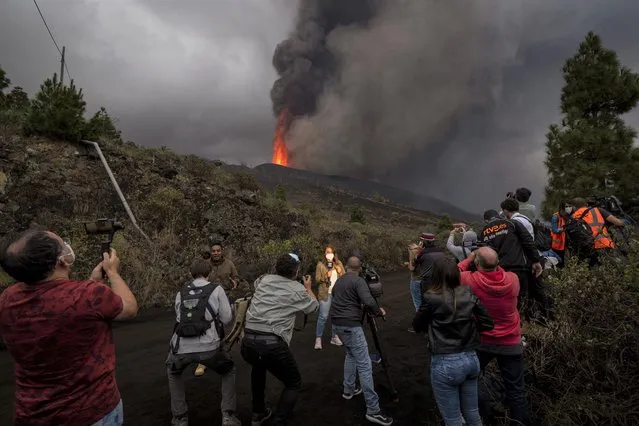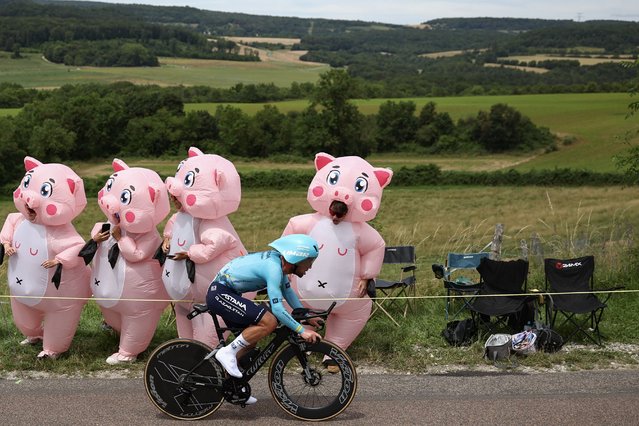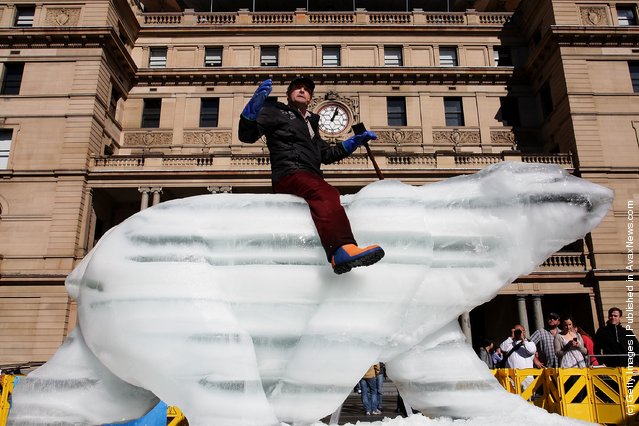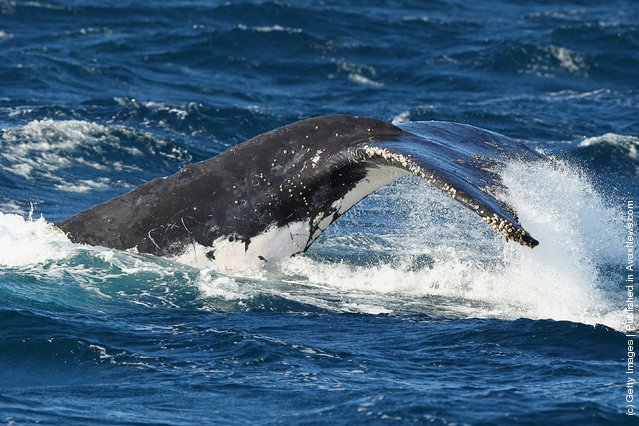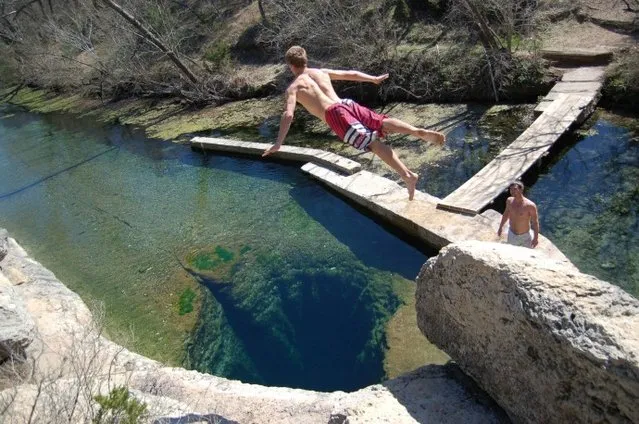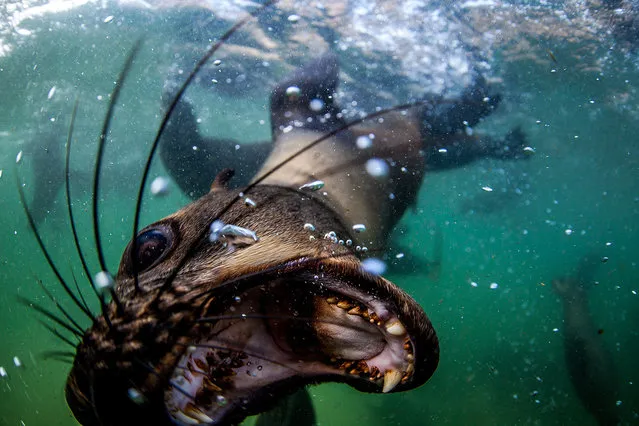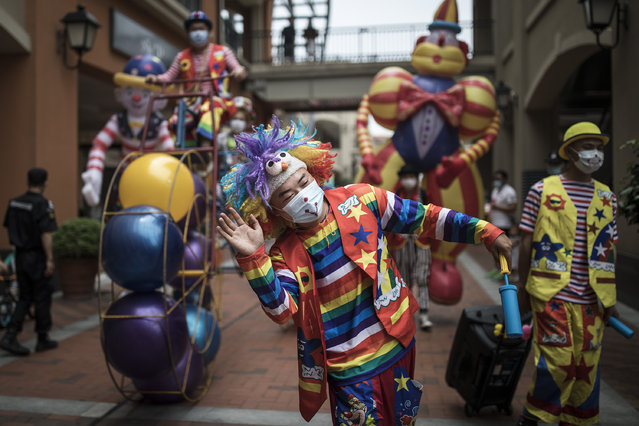
The clown is on tour at Outlets on June 7, 2020 in Wuhan,Hubei Province,China.Wuhan has seen its urban life gradually get back to normal following encouragement from local city management to open up street-stalls. Since January, China has recorded more than 81,000 cases of COVID-19 and at least 3200 deaths, mostly in and around the city of Wuhan, in central Hubei province, where the outbreak first started. (Photo by Getty Images/Stringer)
09 Jun 2020 00:07:00,post received
0 comments

